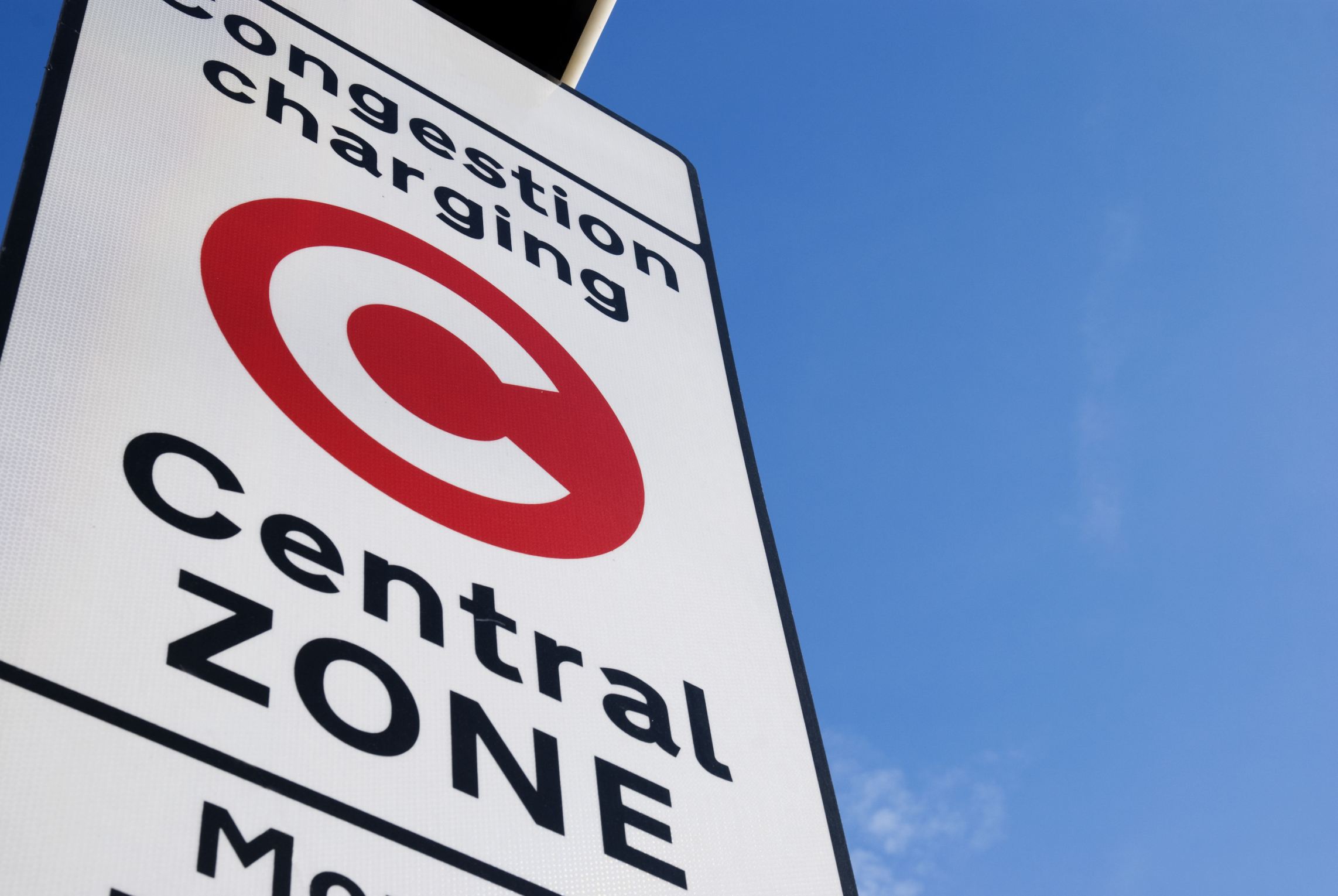The Freight Transport Association (FTA) sent happy 10th birthday wishes to the London Congestion Charge on 17 February but is calling on the powers-that-be to extend the celebrations by offering the gift of free access to essential users.
Appealing on behalf of its members FTA is asking Transport for London (TfL) – (the organisation responsible for the Congestion Charge) to re-think the Charge on freight operators who have no option other than to use the city’s roads and congestion charge zones. Introduced on 17 February, 2003, the London Congestion Charge included the whole of the City of London, the financial district, and the West End, London's primary commercial and entertainment centre, and remains today as one of the largest congestion charge zones in the world.
 For London businesses to thrive, to be at the centre of the world economy and to attract tourists, the capital is dependent on the thousands of deliveries made to shops and businesses every day, and FTA is asking TfL to recognise that this inevitably leads to an essential requirement for goods vehicles to enter central London which are subject to the Congestion Charge.
For London businesses to thrive, to be at the centre of the world economy and to attract tourists, the capital is dependent on the thousands of deliveries made to shops and businesses every day, and FTA is asking TfL to recognise that this inevitably leads to an essential requirement for goods vehicles to enter central London which are subject to the Congestion Charge.
Natalie Chapman, FTA Head of Policy London said, “Whilst traffic has now risen back to pre-charging levels, there is no doubt that congestion in central London would be far worse without it. However, FTA believes that the Congestion Charge is purely a tax on deliveries and its focus should be to deter discretionary or non-essential journeys where there is an option to choose an alternative time or to use public transport.”
FTA states it fully recognises the aim of the Congestion Charge but considers it to be a ‘tax on deliveries’ as in many cases the delivery driver has no choice but to enter the Congestion Charge zone.
With no charge-free breaks available in the daytime to encourage deliveries to be made outside of rush hour, the Association is appealing to TfL to consider all available options for providing discounts and exemptions for goods vehicles.